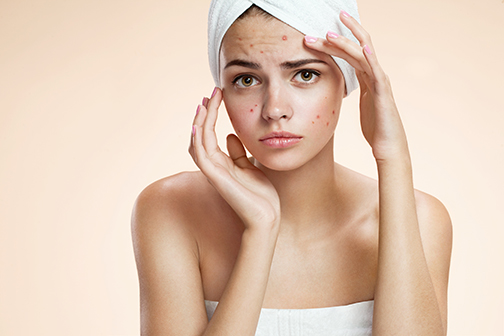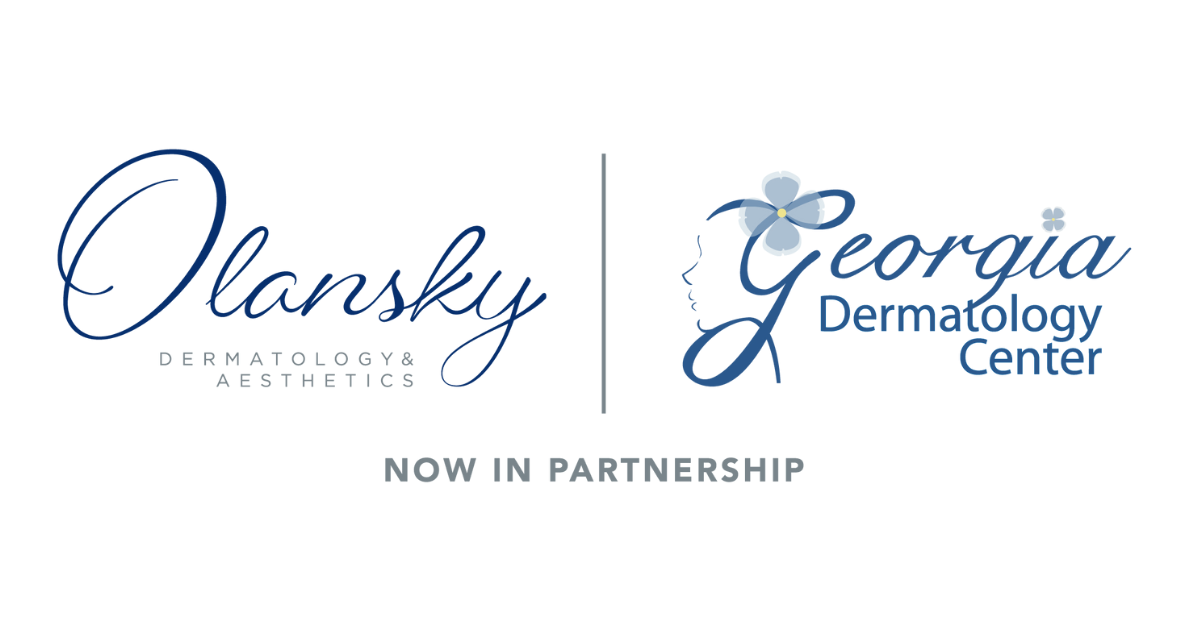Avoiding Teenage Skin Drama
 Teen Skin Care
Teen Skin Care
The teenage years can often be difficult to navigate, both socially and physically. Hormonal changes, the environment, and genetics can lead to skin issues that lower self esteem and confidence. Teens can use some guidance when it comes to sudden acne breakouts and other skin issues that may upend important weekend plans. Severe acne or red, blotchy skin can even keep some students from attending school for fear of anyone seeing the latest geography of bumps and red spots on their faces.
Instead of waiting for a dramatic acne breakout to occur, it’s a much better idea to develop a healthy teen skin care regimen to keep your complexion under control. The first important questions that the professionals at the Georgia Dermatology Center need younger patients to answer and understand is this: What type of skin do you have? Knowing your skin type is key to understanding how to keep your complexion healthy and lessen the formation of acne troubles that can become overwhelming for some teens.
Skin Types
Appropriate teen skin care methods and products depend upon your skin type. There are four basic types of skin:
-
- Normal
- Dry
- Oily
- Combination
Alexander Gross M.D., who practices dermatology at the Georgia Dermatology Center and Medical Spa in Cumming, GA, can assist you in determining your skin type. Basically, however, it’s good to know these facts:
Normal Skin: People who have normal skin usually have no visible blemishes, their pores are small, and the skin’s surface is not oily or dry. The skin has a nice balance of water and oil, with excellent blood circulation. If you have normal skin, you should still wash your face a couple of times a day with a mild cleanser to get rid of dirt, sweat, and makeup.
Dry Skin: Dry skin can be itchy. The skin’s pores are nearly invisible, and rough scaling and peeling can take place, making the complexion look less than lovely. Having dry skin can lead to eczema, with red patches and inflammation forming, and even infections due to bacteria entering through cracked portions of the skin.
Oily Skin:
This is the most acne-prone type of skin. Your complexion may always have a greasy sheen, pores are enlarged, blackheads and pimples often crop up.
Combination Skin:
This skin type can be a mixture of an oily forehead, nose, and chin (called the T-Zone), with dry skin in other areas of the face. Pores are large and blackheads form easily on this skin type. Cheeks might look rough and reddened, with the T-Zone of your face shining with oiliness.
Teen Skin Care Tips
- Consulting with a dermatologist is important if your skin is not healthy and is susceptible to acne, blotchy patches and other symptoms of skin problems. Here are some tips to help avoid issues with dry, oily, and combination skin and keep your complexion healthy.
- Keep your skin cleansed. The products you use will depend upon your skin type, but grime, sweat, excess oils, dead skin cells, and makeup must be removed daily. For those with oily or combination skin, use a gentle daily cleanser containing salicylic acid to control oils.
- Keep your skin hydrated. This means applying moisturizer, mornings and before bedtime. Ask Alexander Gross M.D. for suggestions on the best hydrating product for your skin.
- Treat your skin with appropriate products if you suffer from acne. Your pores may be blocked with dirt and your glands producing too much oil, clogging your skin and causing pimples and blackheads to erupt.
- Protect your skin by applying sunscreen daily to protect against UVA and UVB rays that damage skin, promotes wrinkles and can cause skin cancer.
This article is not meant to take the place of professional medical advice. Call us today at Georgia Dermatology Center in Cumming to schedule a consultation with Alexander Gross, M.D. We serve the north Atlanta area, including Milton, Alpharetta, Gainesville, Suwanee, Sandy Springs, and Roswell.
© 2017 Georgia Dermatology Center. All rights reserved.












